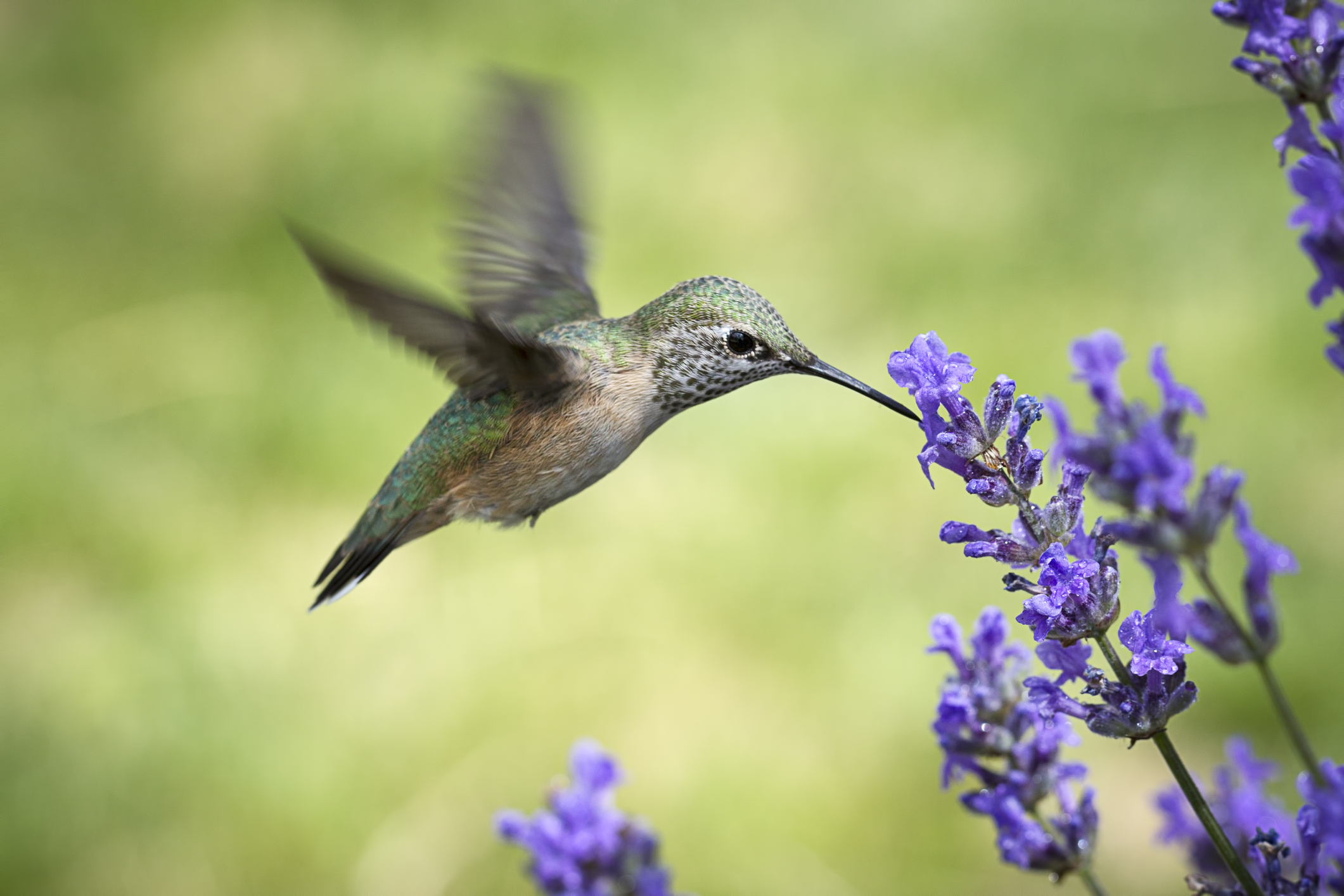Digital Coast Informs Texas Decisions on Conserving Bird Habitat
The Takeaway: Coastal managers can assist migratory bird survival by learning more about changing marshes, land cover, and sea level rise. Digital Coast data helps.
A rich migratory bird habitat of forests, wetlands, and prairies along Houston’s Gulf Coast is being chipped away by an influx of new development. Other threats to bird habitat come from intensifying tropical storms and sea level rise. Maps with NOAA Digital Coast data on sea level rise, marsh migration, and land cover changes are helping Houston Audubon make decisions about potential habitat threats as well as new possibilities for conserving land. The project is co-led by the Houston Advanced Research Center and Houston Audubon Society.

Honing habitat strategies
Houston Audubon’s Strategic Planning Portal hosts these user-friendly data and maps, which aid efficiency and collaboration among partners. The portal also assists the research center, which focuses on sustainable development principles. The following list shows top partner priorities:
- Focusing on the greatest habitat needs, with benefits to many avian species
- Identifying lands with the greatest connectivity to other conserved lands
- Locating lands with the greatest integrity
- Identifying high-access, high-opportunity lands that are the least vulnerable to climate change impacts
- Evaluating likely land cover changes that pose the lowest development-related risks
The portal’s mapping interface will allow for easy and efficient updates when new data become available.
Houston Audubon is a chapter of the National Audubon Society and operates in an 11-county area surrounding Galveston Bay. The local organization has conducted 108 urban bird surveys and 138 coastal bird surveys while also safeguarding 17,164 nests at Houston Audubon-managed rookeries. (2021)
More Information: Informing Bird Habitat Conservation Decisions in Texas
Partners: Digital Coast, Houston Advanced Research Center, Houston Audubon Society
PRINT